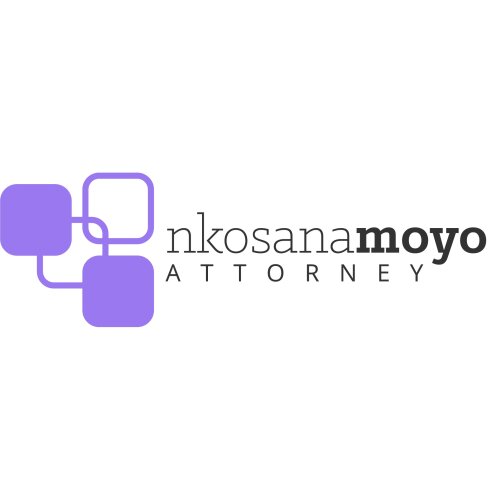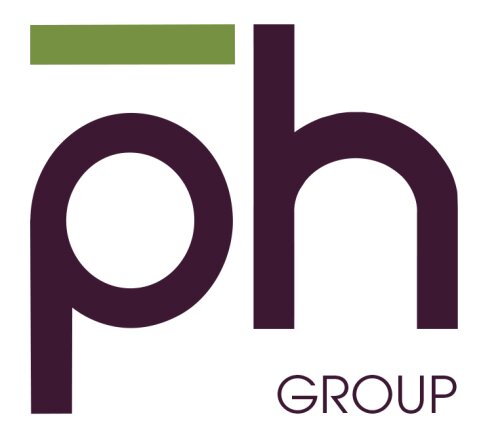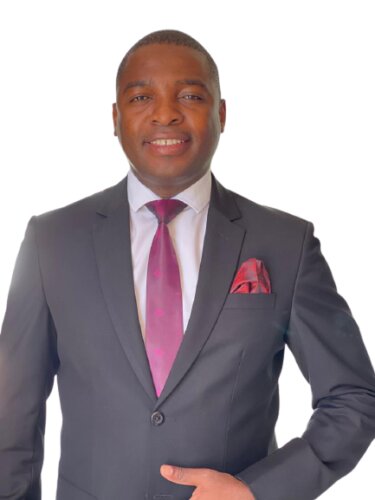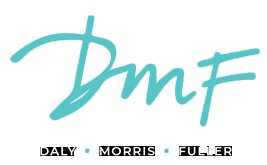Best Professional Malpractice Lawyers in South Africa
Share your needs with us, get contacted by law firms.
Free. Takes 2 min.
Or refine your search by selecting a city:
List of the best lawyers in South Africa
About Professional Malpractice Law in South Africa
Professional malpractice, commonly referred to as professional negligence, involves a failure by a professional to perform their responsibilities to the required standard of their profession, resulting in harm or loss to a client or third party. In South Africa, this area of law typically pertains to various professions such as medical practitioners, lawyers, accountants, architects, and other professionals who are expected to adhere to specific standards and competencies. The core of professional malpractice law is to ensure accountability, protect clients, and maintain professional standards across various fields.
Why You May Need a Lawyer
There are several situations where one might require legal assistance regarding professional malpractice. Some common scenarios include:
- Experiencing substandard medical treatment that results in injury.
- Receiving incorrect legal advice that led to financial or personal loss.
- Suffering financial losses due to errors in professional accounting services.
- Errors in architectural or engineering services that cause construction defects or safety hazards.
- Seeking compensation for damages or losses incurred due to a professional's breach of duty or negligence.
Legal advice is crucial in such cases to assess the merits of the claim, understand potential outcomes, and navigate the complexities of the legal process.
Local Laws Overview
Professional malpractice in South Africa is governed by a combination of common law principles and statutory regulations specific to each profession. Some of the key aspects relevant to professional malpractice include:
- Duty of Care: Professionals are expected to perform their duties with the competence, diligence, and skill reasonably expected from peers in their field.
- Breach of Duty: A failure to meet the standard of care may constitute a breach, qualifying as negligence if it causes harm.
- Causation: The plaintiff must prove the breach directly caused the harm or loss suffered.
- Damages: Proof of actual harm or loss is necessary for compensation. This can include physical, financial, or emotional damages.
- Professional Regulatory Bodies: Each profession typically has a governing body responsible for ensuring professional standards and handling complaints.
Frequently Asked Questions
What is professional malpractice?
Professional malpractice occurs when a professional fails to perform their responsibilities to the accepted standards of their profession, leading to harm or loss for a client or third party.
Who can be sued for professional malpractice in South Africa?
Any professional providing specialized services, such as doctors, lawyers, accountants, architects, and engineers, can potentially be sued for professional malpractice if they fail in their duties.
What do I need to prove in a professional malpractice case?
Typically, you need to establish that there was a duty of care, the duty was breached, the breach caused harm or loss, and there are identifiable damages resulting from the breach.
How long do I have to file a malpractice lawsuit in South Africa?
The prescriptive period for initiating negligence claims in South Africa is generally three years from when the harm occurred or was discovered, subject to exceptions depending on the specifics of the case.
Can I represent myself in a professional malpractice case?
While you can represent yourself, it is generally advisable to seek legal counsel due to the complexity of malpractice law and potential challenges in proving negligence.
What compensation can I seek in a malpractice lawsuit?
Compensation can include damages for financial loss, medical expenses, lost wages, and emotional distress, depending on the specifics of the harm suffered.
What if a professional is insured? Does it affect my claim?
An insurance policy can cover the damages awarded up to the limit of the policy, providing a source of funds for compensation but not necessarily affecting the filing of a claim.
What steps should I take if I suspect professional malpractice?
Document all relevant information, cease dealings with the professional in question, and consult a legal expert to evaluate your case and determine the best course of action.
Can professional malpractice cases be settled out of court?
Yes, many malpractice disputes are settled out of court through negotiations, mediation, or arbitration, often resulting in a faster and less costly resolution.
Do I need evidence to support my claim?
Yes, evidence is crucial. This may include documentation, expert witness testimony, medical reports, or financial records, depending on the nature of the case.
Additional Resources
For further assistance, you can reach out to the following resources:
- South African Medical Association (SAMA): Offers guidance and support regarding medical malpractice matters.
- Law Society of South Africa: Can provide information on legal standards and practices for attorneys.
- South African Institute of Chartered Accountants (SAICA): Provides standards and resources regarding accounting malpractice issues.
- Engineering Council of South Africa (ECSA): The regulatory body for engineers, offering support related to engineering malpractice.
- Health Professions Council of South Africa (HPCSA): A statutory body responsible for protecting the public and guiding professionals in the medical and psychological fields.
Next Steps
If you believe you have a case of professional malpractice, consider taking the following steps:
- Consult with a qualified legal professional specializing in malpractice law to understand your rights and options.
- Gather all relevant documentation and evidence pertinent to your case, including correspondence, records, and witness statements.
- Be mindful of legal time limits for filing claims to ensure your case is heard.
- Consider alternative dispute resolution methods such as mediation or arbitration to reach a settlement without lengthy court proceedings.
- Stay informed about your rights and the legal processes involved to make well-informed decisions during your case.
Lawzana helps you find the best lawyers and law firms in South Africa through a curated and pre-screened list of qualified legal professionals. Our platform offers rankings and detailed profiles of attorneys and law firms, allowing you to compare based on practice areas, including Professional Malpractice, experience, and client feedback.
Each profile includes a description of the firm's areas of practice, client reviews, team members and partners, year of establishment, spoken languages, office locations, contact information, social media presence, and any published articles or resources. Most firms on our platform speak English and are experienced in both local and international legal matters.
Get a quote from top-rated law firms in South Africa — quickly, securely, and without unnecessary hassle.
Disclaimer:
The information provided on this page is for general informational purposes only and does not constitute legal advice. While we strive to ensure the accuracy and relevance of the content, legal information may change over time, and interpretations of the law can vary. You should always consult with a qualified legal professional for advice specific to your situation.
We disclaim all liability for actions taken or not taken based on the content of this page. If you believe any information is incorrect or outdated, please contact us, and we will review and update it where appropriate.
Browse professional malpractice law firms by city in South Africa
Refine your search by selecting a city.















